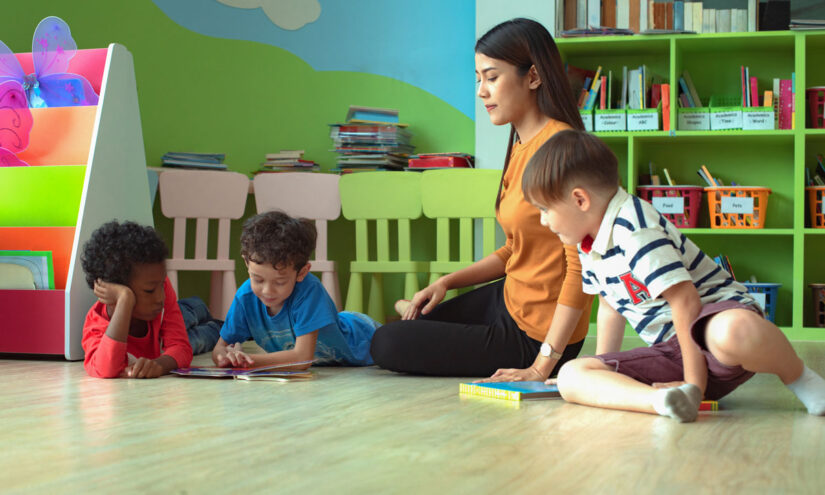During this summer, a team of students from MIT embarked on a journey to the sou …
Utah Legislature Considers Treating Microschools as Businesses Without Location Limits
Jennifer Livingstone

They are not traditional educational institutions such as daycares, private or public schools, but rather establishments that offer K-12 education to fewer than 100 students. Microschools, a burgeoning trend in Utah according to legislators, have been outlined in approved guidelines by the Legislature.
Senator Lincoln Fillmore of South Jordan, a proponent of education bills, clarified that his bill SB13 focusing on Education Entity Amendments, is distinct from previous proposals. He urged fellow lawmakers to view it through a land use perspective rather than a revision of Utah’s education policies.
The House representatives endorsed the bill with a 63-6 vote in the final stage on Thursday, advancing it to Governor Spencer Cox for the ultimate approval.
“Microschools represent a novel and burgeoning concept, currently operating as informal educational hubs for clusters of homeschool students. Recognizing their increasing popularity, we deemed it necessary to provide municipalities with regulatory guidance,” shared Rep. Stephanie Gricius, R-Eagle Mountain, co-sponsor of the bill, with the House.
Microschools located in commercial premises will be treated and overseen as businesses conforming to International Building Code standards akin to professional offices. These establishments will be permissible across all zones.
Fillmore highlighted that these schools will not be subject to the same safety protocols as conventional schools due to their size and part-time student presence.
“In these scenarios, you have several dozen students convening for a few hours, potentially a couple of days weekly, and their transient nature makes them akin to tutoring centers,” Fillmore articulated to the House Education Committee on Tuesday.
A contentious debate unfolded in the Senate as members expressed concerns regarding the elimination of location constraints for these educational entities.
Senate Minority Whip Kathleen Riebe, D-Cottonwood Heights, previously advocated for microschool adherence to Community Center standards, stipulating that establishments selling alcohol and tobacco products should be distanced from schools, recreational facilities, sports complexes, or libraries.
“The convoluted effort to amend a law to permit schools adjacent to alcohol and tobacco vendors for homeschoolers while denying the same for traditional schools seems nonsensical to me,” highlighted Riebe during the Senate deliberations.
The bill also asserts that microschool and homeschool students will be assigned to appropriate “grade levels, classes, or courses determined by the student’s parent and school administrator.”
Speaking at the committee hearing, House Majority Whip Karianne Lisonbee, R-Clearfield, emphasized the significance of the bill, particularly for operators of co-op or commonwealth schools, ensuring their continued operations.
“I believe it has reached a stage where there should be no ambiguity or queries. This represents a benefit for individuals rather than a mandatory obligation,” she stated during the session. “Therefore, individuals concerned about being subjected to regulations need not worry as this benefit does not oblige them to seek it.”

